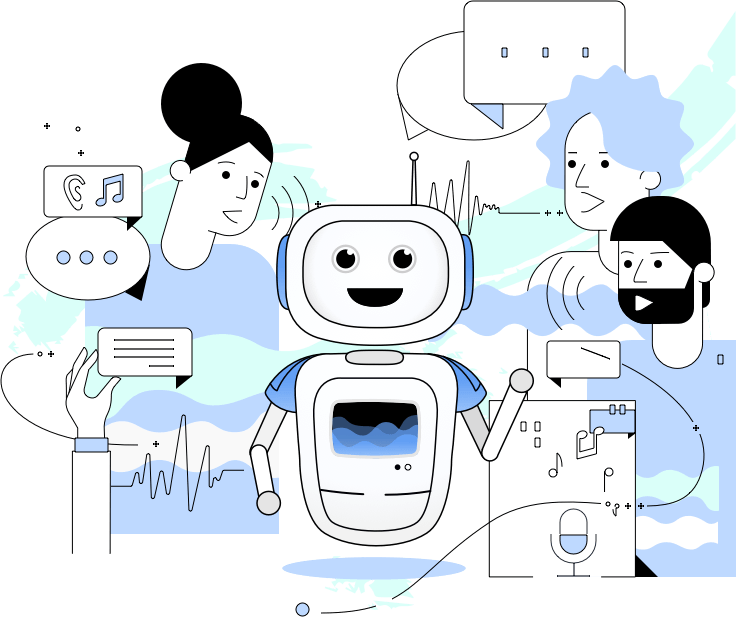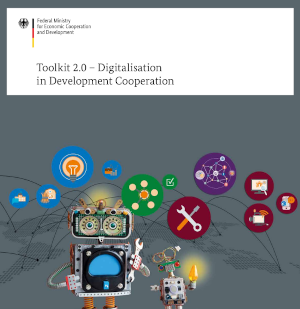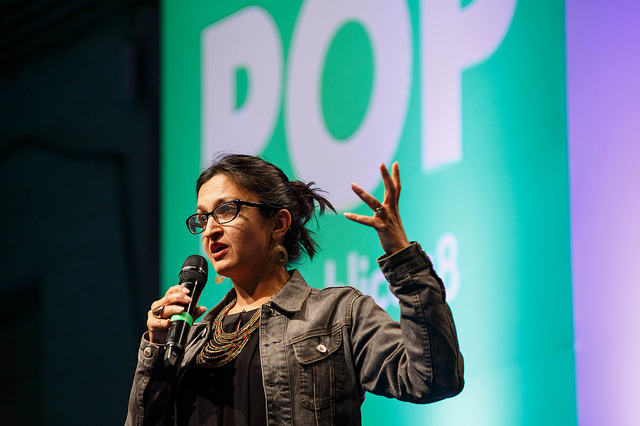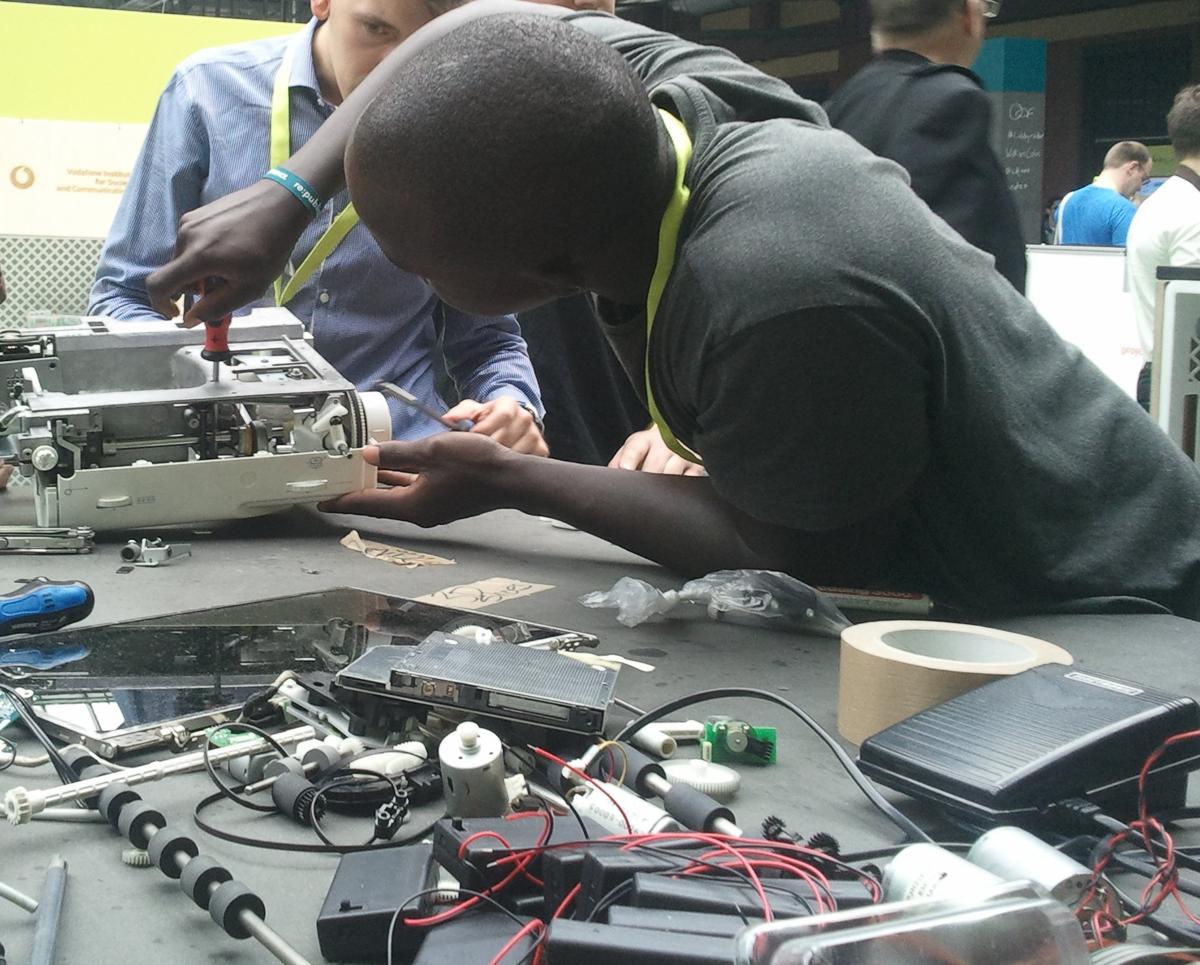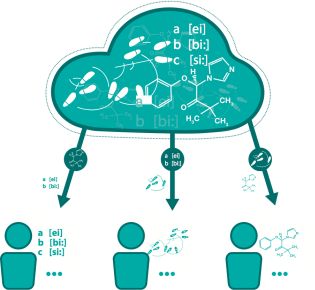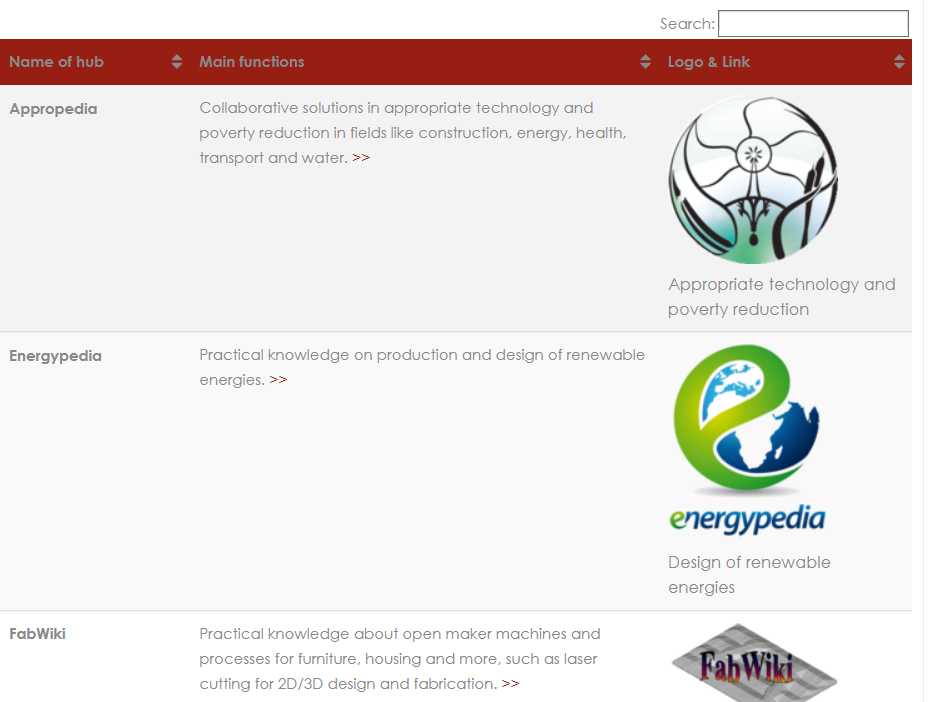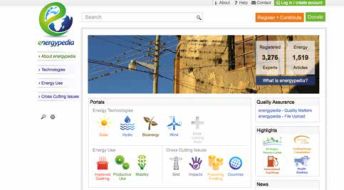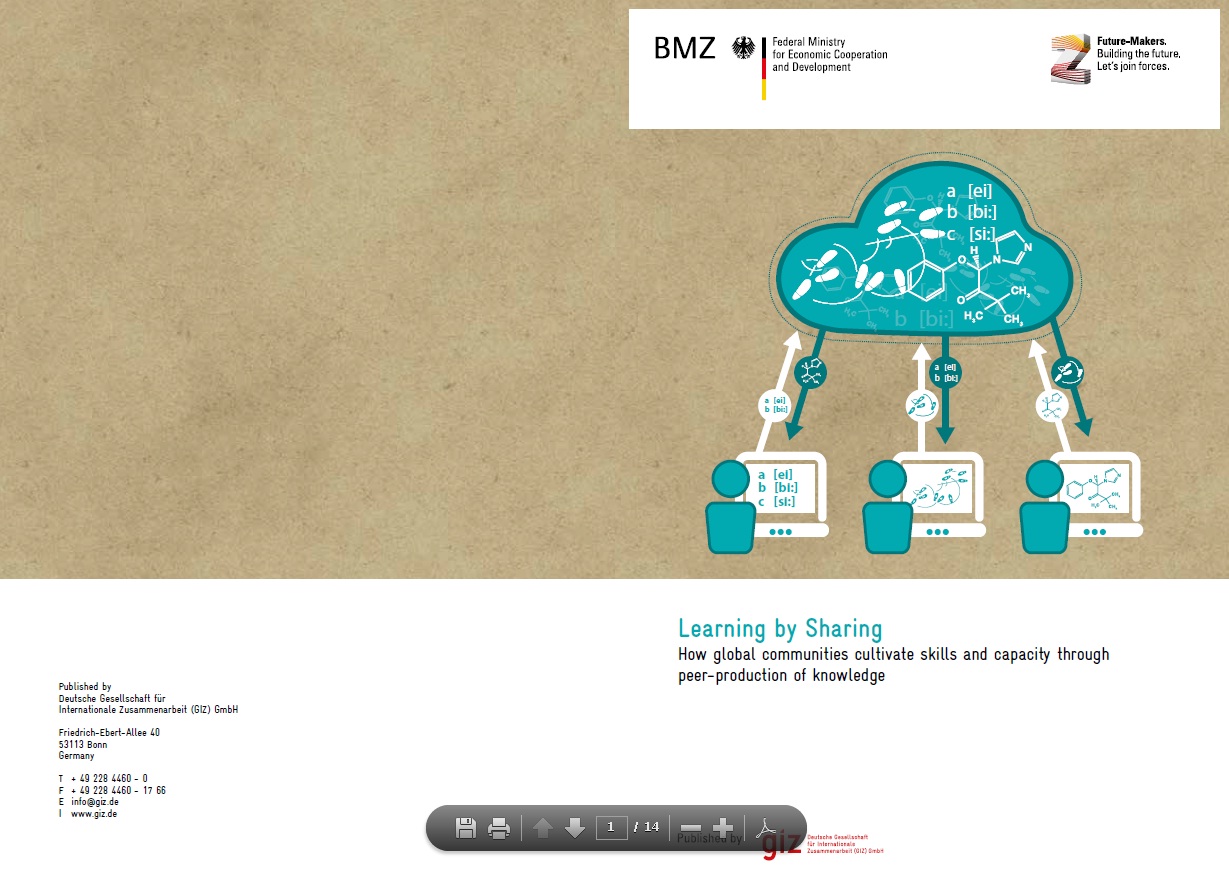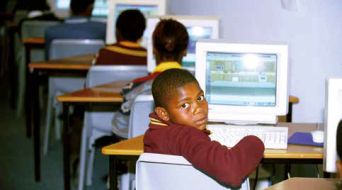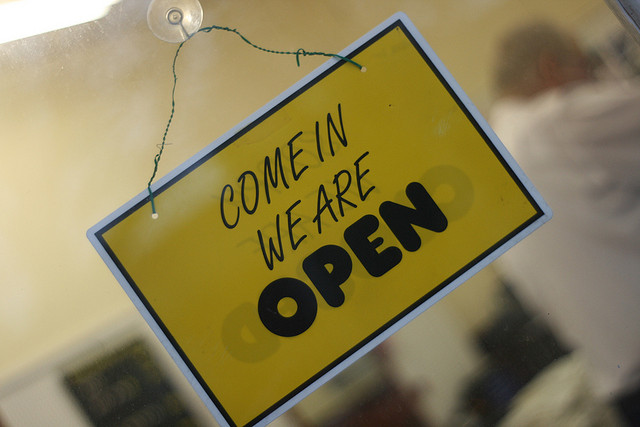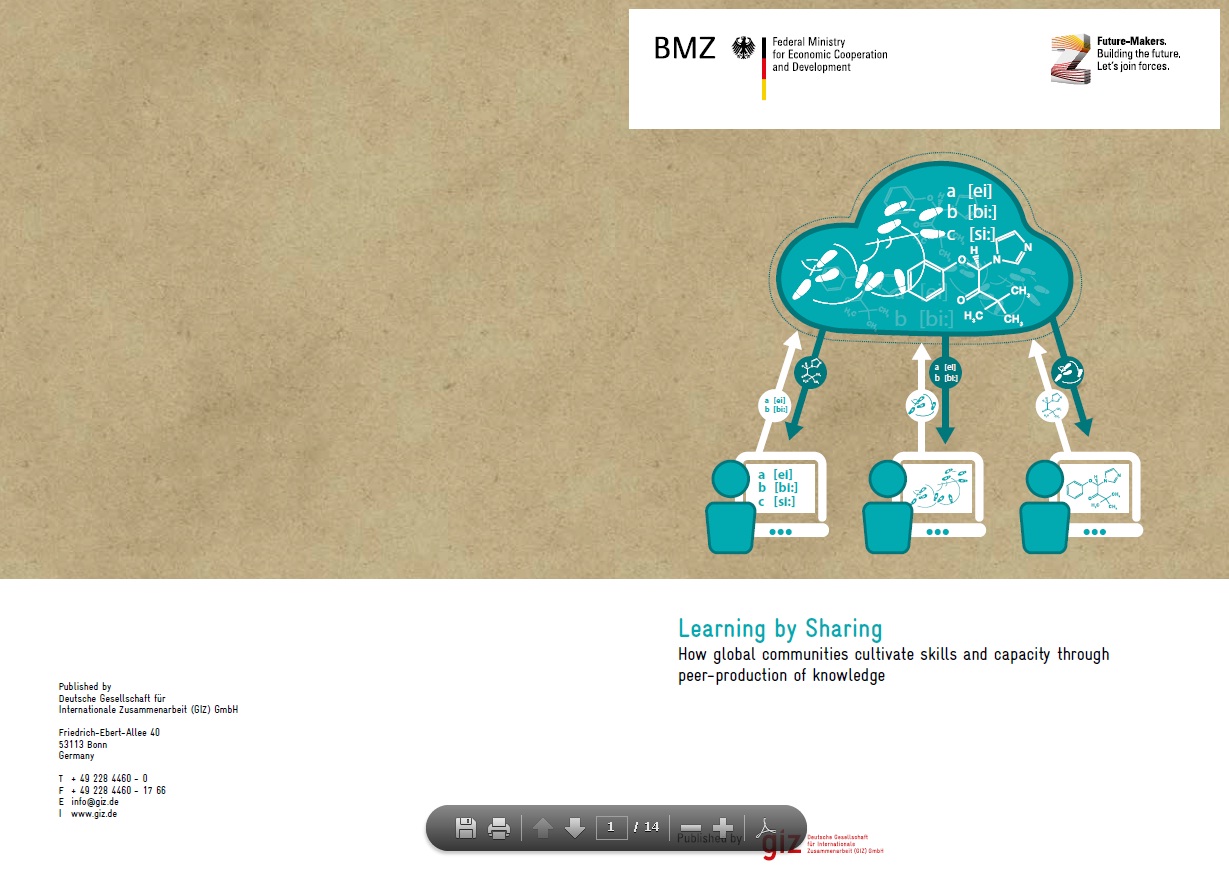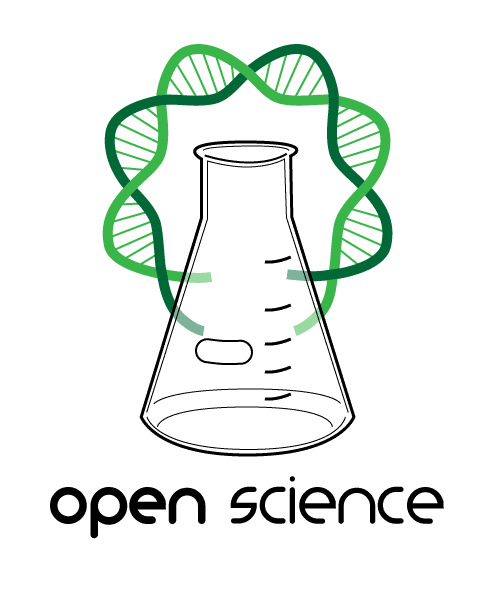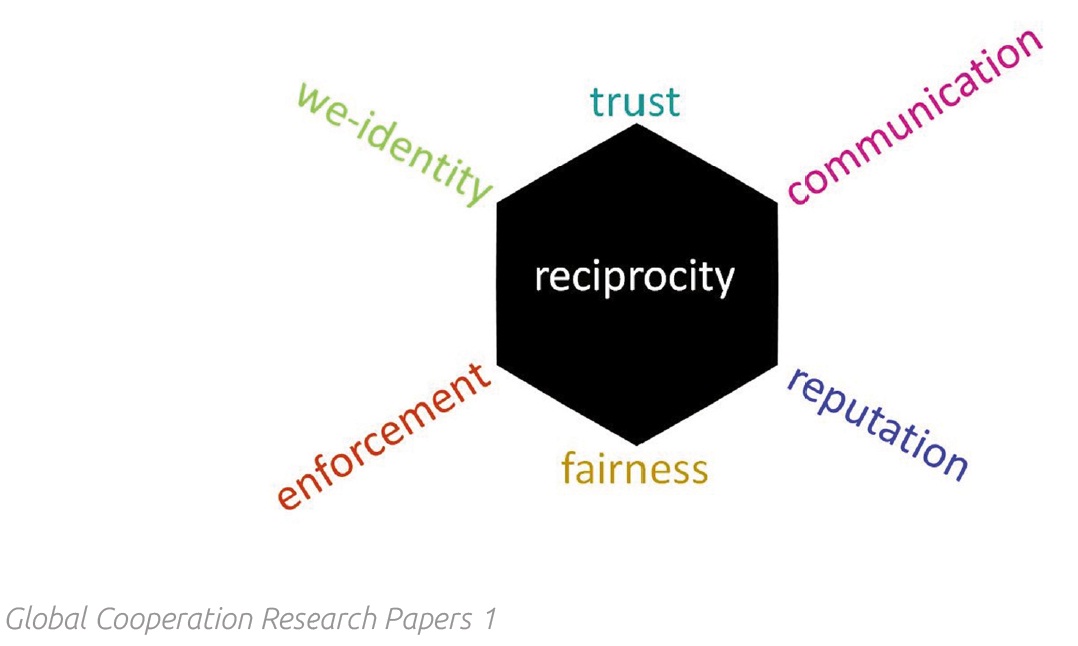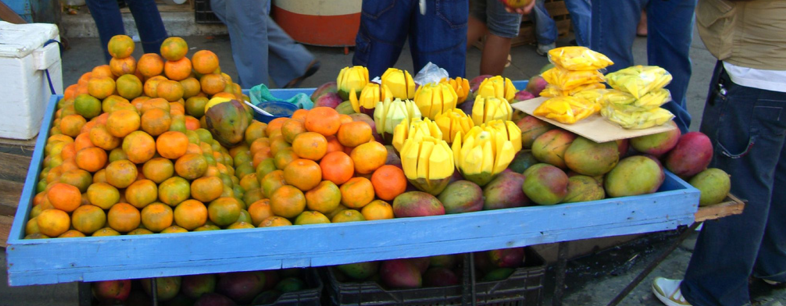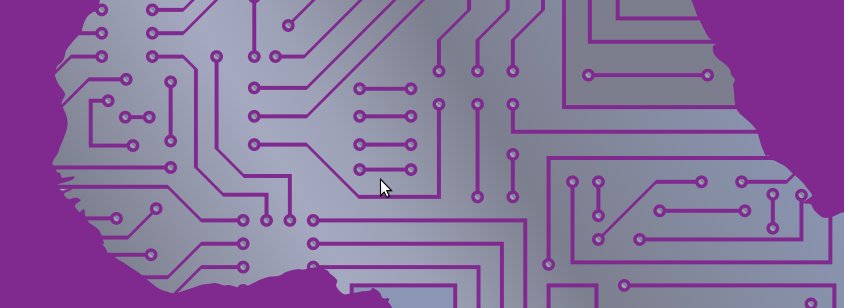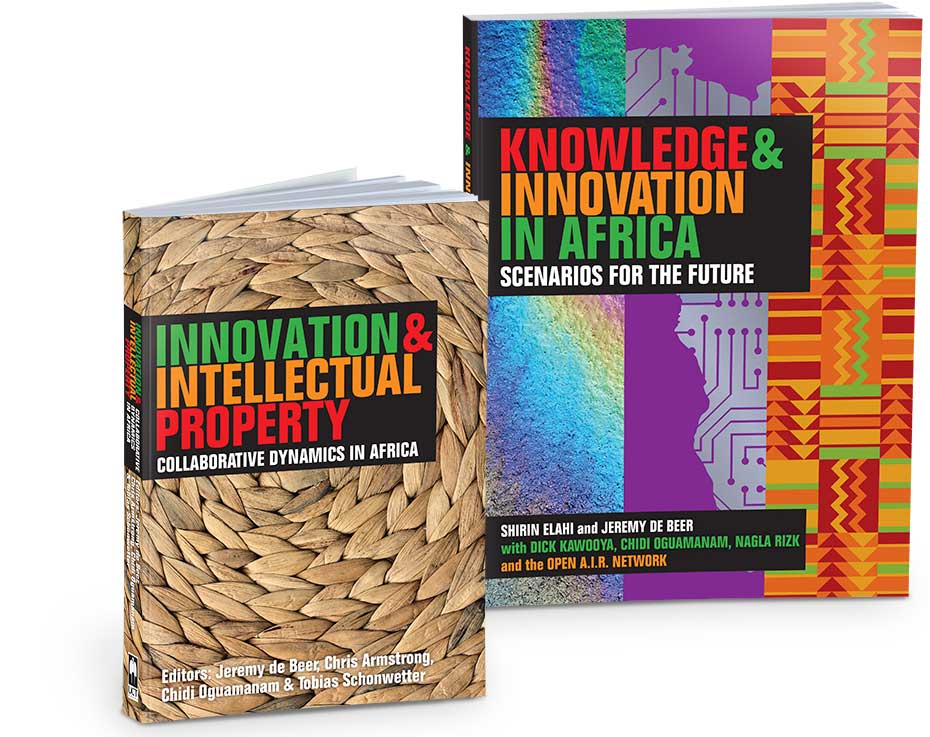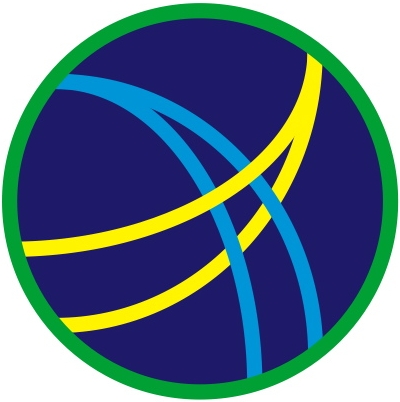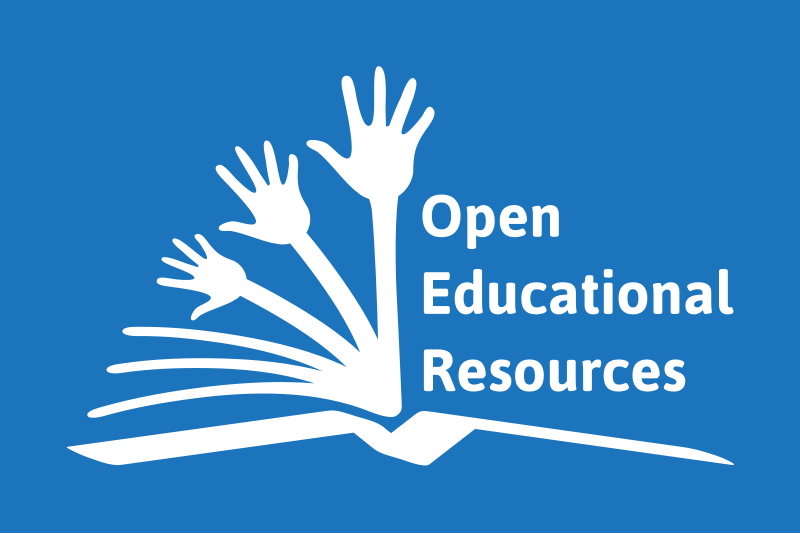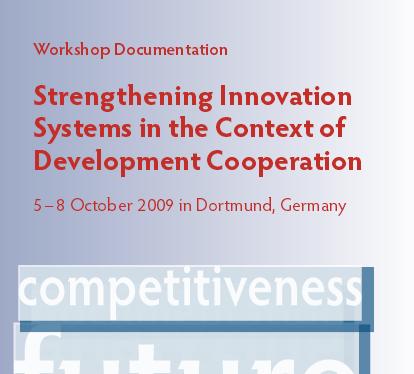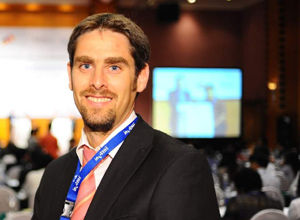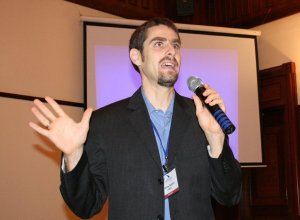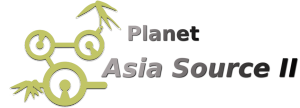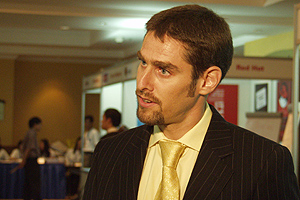 The UNESCO High-Level Symposium on the eve of the World Summit on the Information Society (WSIS) brought together eminent political and intellectual world leaders to debate main implications and challenges for the construction of knowledge societies. The author of this blog was busy preparing the event and was quite pround, when a lineup of high-level speakers was finally on stage: among them UNESCO’s Director General, Koïchiro Matsuura with Nitin Desai, Special Representative of the Secretary-General of the United Nations for WSIS, Marc Furrer, Secretary of State for WSIS of Switzerland and Adama Samassékou, President of the WSIS Preparatory Committee. Four heads of states: Olusegun Obasanjo, President of Nigeria, Vaira Vike-Freiberga, President of the Latvia, Joaquim Alberto Chissano, President of Mozambique and Chairman of African Union and Boris Trajkovski, President of the Former Yugoslav Republic of Macedonia. Among the other panelists were eminent experts such as Gary Becker, Nobel Prize winner in Economics, Monkombu S. Swaminathan, Chairman of M.S. Swaminathan Research Foundation of India, Lawrence Lessig, Stanford Law School, Valdas Adamkus, Former President of Lithuania, John Gage, Chief Researcher and Director of the Science Office of Sun Microsystems and Abdul-Muyeed Chowdhury, Executive Director of BRAC of Bangladesh. For more check the website (now on the Internet Archive).
The UNESCO High-Level Symposium on the eve of the World Summit on the Information Society (WSIS) brought together eminent political and intellectual world leaders to debate main implications and challenges for the construction of knowledge societies. The author of this blog was busy preparing the event and was quite pround, when a lineup of high-level speakers was finally on stage: among them UNESCO’s Director General, Koïchiro Matsuura with Nitin Desai, Special Representative of the Secretary-General of the United Nations for WSIS, Marc Furrer, Secretary of State for WSIS of Switzerland and Adama Samassékou, President of the WSIS Preparatory Committee. Four heads of states: Olusegun Obasanjo, President of Nigeria, Vaira Vike-Freiberga, President of the Latvia, Joaquim Alberto Chissano, President of Mozambique and Chairman of African Union and Boris Trajkovski, President of the Former Yugoslav Republic of Macedonia. Among the other panelists were eminent experts such as Gary Becker, Nobel Prize winner in Economics, Monkombu S. Swaminathan, Chairman of M.S. Swaminathan Research Foundation of India, Lawrence Lessig, Stanford Law School, Valdas Adamkus, Former President of Lithuania, John Gage, Chief Researcher and Director of the Science Office of Sun Microsystems and Abdul-Muyeed Chowdhury, Executive Director of BRAC of Bangladesh. For more check the website (now on the Internet Archive).
Nouveau boulot UNESCO
 As of November 2002 I will be working at UNESCO (UNESCO) as an Associate Expert Quite exited … and looking forward to contributing to the work of the Bureau of Strategic Planning (online here) which is responsible for doing the two-year plan and the six year strategy of the United Nations Educational, Scientific and Cultural Organization.
As of November 2002 I will be working at UNESCO (UNESCO) as an Associate Expert Quite exited … and looking forward to contributing to the work of the Bureau of Strategic Planning (online here) which is responsible for doing the two-year plan and the six year strategy of the United Nations Educational, Scientific and Cultural Organization.
Just published: Research publication on attention factors of online news
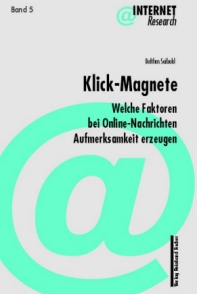 The book “Klick-Magnete” from Balthas Seibold is just out as part of the research series “InternetResearch” of Reinhold Fischer publishing. It looks at the main factors, that make people klick on online news. For more attention, check http://www.klick-magnete.de (in German). [Update: The book is now available as a direct Download ]
The book “Klick-Magnete” from Balthas Seibold is just out as part of the research series “InternetResearch” of Reinhold Fischer publishing. It looks at the main factors, that make people klick on online news. For more attention, check http://www.klick-magnete.de (in German). [Update: The book is now available as a direct Download ]
New study out on main needs and expectations of internet users in Peru
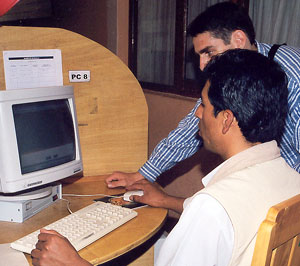 What are the main needs, uses and expectations of internet users in Peru as an example of a developing country? This has been the main focus of a piece of research by Balthas Seibold, which resulted in two sets of publications: An article on the needs with the German title “Verfügbar, verständlich und relevant – was Nutzer in Entwicklungsländern von Onlineinhalten erwarten” and a set of case studies on main types of uses and content in high demand in Peru, titled: “e-learning & e-rotik – Welche Online-Inhalte fragen Internet-Nutzer in Peru nach? “.
What are the main needs, uses and expectations of internet users in Peru as an example of a developing country? This has been the main focus of a piece of research by Balthas Seibold, which resulted in two sets of publications: An article on the needs with the German title “Verfügbar, verständlich und relevant – was Nutzer in Entwicklungsländern von Onlineinhalten erwarten” and a set of case studies on main types of uses and content in high demand in Peru, titled: “e-learning & e-rotik – Welche Online-Inhalte fragen Internet-Nutzer in Peru nach? “.
The article establishes a set of quality criteria for “useful” online content in a development context, the case studies track and analyse user preferences in Peru’s internet cabinas: Interestingly, the content most in demand seems to be e-learning and adult content. For more check the following page (in German)
Now working at the ‘Gesellschaft für technische Zusammenarbeit’
Since first of Octob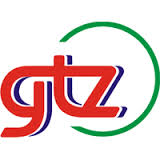 er, I am working with the Gesellschaft für technische Zusammenarbeit (GTZ), Germany’s main institution in the business of technical cooperation. First I am staying at headquarters in Eschborn near Francfort – then I will work with a programme on rural development in Peru. My main theme will be the potential of information and communication technologies to enhance impact in development work. [Note: Link was updated to reflect later merger of gtz]
er, I am working with the Gesellschaft für technische Zusammenarbeit (GTZ), Germany’s main institution in the business of technical cooperation. First I am staying at headquarters in Eschborn near Francfort – then I will work with a programme on rural development in Peru. My main theme will be the potential of information and communication technologies to enhance impact in development work. [Note: Link was updated to reflect later merger of gtz]
